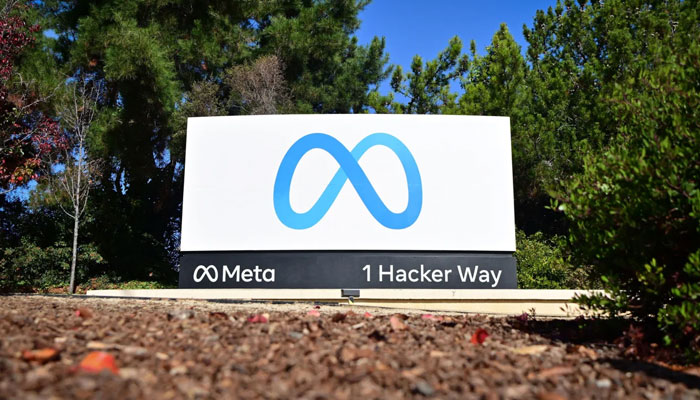Canadian govt cuts $10m Facebook, Instagram ad spending
Canada's Online News Act requires Google and Meta to compensate Canadian news outlets for user access
July 06, 2023

The Canadian government has made a significant decision to halt its spending of approximately CAD 10 million per year on Facebook and Instagram ads.
The move comes as a result of an ongoing disagreement between the government and Meta-owned platforms, which include Facebook and Instagram, over a new law concerning the compensation of online news publishers.
Heritage Minister Pablo Rodriguez stated, "We cannot continue paying advertising dollars to Meta while they refuse to pay their fair share to Canadian news organisations."
The statement reflects the government's firm stance on the matter, emphasising the need for fair compensation within the media industry.
The dispute stems from the passing of Bill C-18, known as the Online News Act, which was recently enacted into law. Under this legislation, digital giants like Google and Meta are required to establish commercial agreements that provide compensation to Canadian news outlets when users access articles through their platforms. Failure to comply may result in binding arbitration. The Online News Act was introduced to address concerns raised by Canada's media industry regarding the financial losses suffered as Facebook and Google gained a greater share of the online advertising market.
The Canadian government's decision to suspend advertising on Facebook and Instagram highlights the escalating tensions between tech giants and governments worldwide over the issue of fair compensation for news content. This move is estimated to cost Facebook and Instagram approximately Can$10 million annually.
Meta's response to the new law involved blocking Canadian news on its platforms, a decision that Heritage Minister Rodriguez described as "unreasonable" and "irresponsible." As a result, the government chose to suspend its advertising on these platforms.
Prime Minister Justin Trudeau expressed his support for the government's decision, stating, "Canadians are not going to be intimidated by American billionaires who want to undermine our democracy." He emphasised the government's determination not to back down from its position.
The implementation of the Online News Act aligns with similar initiatives around the world, such as Australia's New Media Bargaining Code. This code requires Google and Meta to pay for news content featured on their platforms. California legislators are also considering the introduction of a comparable policy.
As the dispute persists, the Canadian media industry remains hopeful for a resolution that ensures fair compensation for news organisations. The outcome of this ongoing conflict will have significant implications for the relationship between tech giants and the media landscape worldwide.











